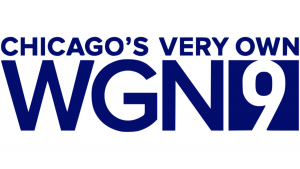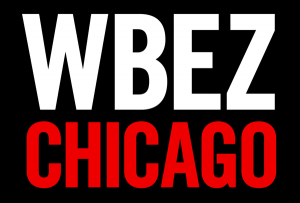 A general contractor for more than 20 years, Lindsey recently sold two single-family homes in Englewood since the pandemic hit Chicago, and he is now rehabbing a six-unit Englewood building that will be discounted housing for veterans in honor of his father, a veteran who died last year. He credits his success to being smarter with money, plus the Cook County Land Bank Authority’s vast pool of low-priced abandoned properties, tailor-made for small local developers.
A general contractor for more than 20 years, Lindsey recently sold two single-family homes in Englewood since the pandemic hit Chicago, and he is now rehabbing a six-unit Englewood building that will be discounted housing for veterans in honor of his father, a veteran who died last year. He credits his success to being smarter with money, plus the Cook County Land Bank Authority’s vast pool of low-priced abandoned properties, tailor-made for small local developers. Then, in 2017, she received a call about a raffle that was underway; the winner would get the keys and deed to a newly renovated home. Naturally skeptical about “free” things, she assumed there was some sort of catch.
Then, in 2017, she received a call about a raffle that was underway; the winner would get the keys and deed to a newly renovated home. Naturally skeptical about “free” things, she assumed there was some sort of catch. “It means everything to us to get to make a difference in these neighborhoods across the South and West Side,” Anthony Downing said.
“It means everything to us to get to make a difference in these neighborhoods across the South and West Side,” Anthony Downing said. “We like to bring a freshness into the property,” said Anthony Downing who like his twin is also a firefighter, “but repurpose parts of it, like old doors, to keep the character that’s there.” They’ve flipped ten Chicago houses so far—none of them land bank properties—and in January, the “Double Down” pilot aired on HGTV’s subsidiary DIY Network. They’re the first semi-celebrities to emerge out of the South Side and south suburban rehab wave that has remade tens of thousands of Chicago-area homes in the past decade.
“We like to bring a freshness into the property,” said Anthony Downing who like his twin is also a firefighter, “but repurpose parts of it, like old doors, to keep the character that’s there.” They’ve flipped ten Chicago houses so far—none of them land bank properties—and in January, the “Double Down” pilot aired on HGTV’s subsidiary DIY Network. They’re the first semi-celebrities to emerge out of the South Side and south suburban rehab wave that has remade tens of thousands of Chicago-area homes in the past decade. Porter, now 50 and no longer living on this block in Chicago’s Englewood neighborhood, said the street was clean and neighborly. But he said that changed as the original homeowners passed away and left their homes to their children.
Porter, now 50 and no longer living on this block in Chicago’s Englewood neighborhood, said the street was clean and neighborly. But he said that changed as the original homeowners passed away and left their homes to their children.